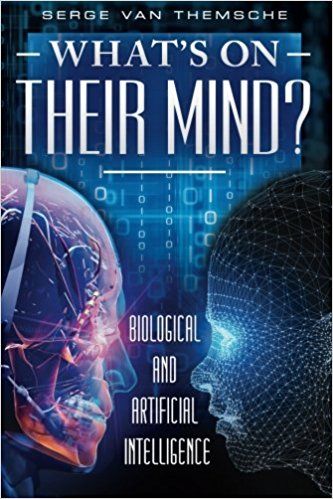May 14, 2018
Eco-friendly water treatment works best with experienced bacterial flora
Posted by Bill Kemp in categories: biological, sustainability
Sustainable biological filters called slow sand filters have been used to filter drinking water since the 1800s. They don’t use any chemicals, create no waste and use very little energy. However, technologies that meet modern requirements for control, monitoring and time-efficiency have become popular, while biological water treatment has been less favoured, since little has been understood about how it works. New research from Lund University in Sweden shows that not only are the older filters more efficient cleaners – they could be making a comeback soon with the help of new technology.
Older sand filters are more effective than new ones, a unique field study at a water treatment facility in southern Sweden shows. This is because the old filters have had the time to develop a specific ecosystem of hungry bacteria that purify the water. The water is cleaned not only by mechanical filtering by the grains of sand, but by considerably smaller helpers as well.
The fact that sand filters contain microorganisms was already known. However, it was believed that sand filters helped to reduce the number of bacteria, which is not the case.
Continue reading “Eco-friendly water treatment works best with experienced bacterial flora” »



















